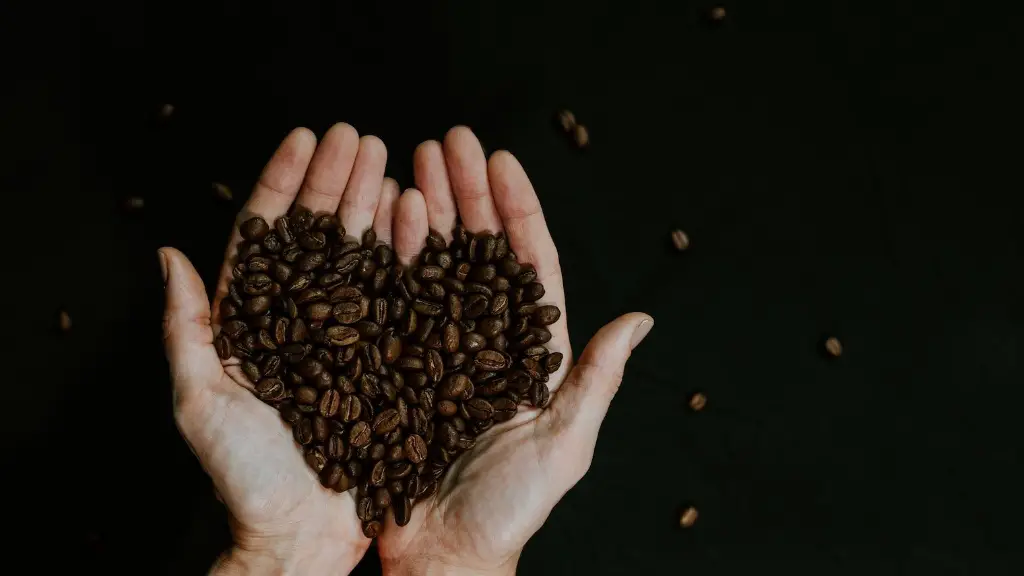There are both pros and cons to consuming coffee when fasting for a blood test. Coffee is a stimulant, and in some cases can act as a diuretic, which can potentially impact the results of a blood test.
For most blood tests, the recommendation from medical professionals is to avoid consumption of all forms of caffeine, such as coffee, tea, energy drinks, and soda for 8 to 12 hours prior to the test. However, there are exceptions, so it is important to ask your doctor or the laboratory staff to clarify before the test.
It is possible to drink coffee while fasting if given the all-clear by the doctor or laboratory testing staff. An occasional cappuccino or latte will not likely affect test results, as long as they are not consumed excessively. A cup of coffee may contain anywhere from 20-175 milligrams of caffeine, so if the amount of coffee consumed is kept to a minimum, results should still remain accurate. To be on the safe side, individuals should try to limit caffeine consumption to no more than two cups in a day, and try to complete any fasting tests as soon as possible after this initial two-cup limit.
On the another hand, excess consumption of caffeine can lead to an increase in heart rate and an increase in blood pressure, which can interfere with test results. Certain tests require an individual to remain fasting for up to 16 hours or more, so it is important to take any required fasting time into consideration. It is also important to note that other sources of caffeine should not be consumed while fasting, such as chocolate and decaffeinated coffee, as these also contain varying levels of caffeine that can affect the results.
According to medical experts, it is best to follow the individual fasting instructions provided by the doctor or laboratory staff when preparing for a blood test. If the staff gives the OK for coffee, it is advisable to stick to the two-cup limit and remain conscious about how much caffeine is actually being consumed. For those who choose to drink coffee, there are many health benefits that can be obtained from incorporating it into a healthy diet.
The Advantages of Drinking Coffee
Many people associate coffee with increased alertness and attention. The boost of caffeine can curb mental fatigue, while an increase in alertness can help to work out problems without straining or getting distracted. In addition, research has linked coffee consumption to an increase in productivity due to its energizing properties.
Apart from keeping individuals alert and productive, coffee can also provide a range of health benefits. As it contains antioxidants, research shows that it can help to reduce inflammation in the body, and may even help to protect against certain diseases such as diabetes and cancer. Additionally, coffee can also have a positive impact on cognitive function, mood, and even sleep.
Conclusion
It is important to speak to a doctor or the laboratory staff before consuming any form of caffeine prior to a blood test. They will provide specific instructions regarding the amount of time that is necessary for fasting, as well as which items, if any, are allowed during this period. Those who are given the all-clear to drink coffee should keep the amount of caffeine consumed to a minimum, and remain conscious about the effects it may have on test results.


